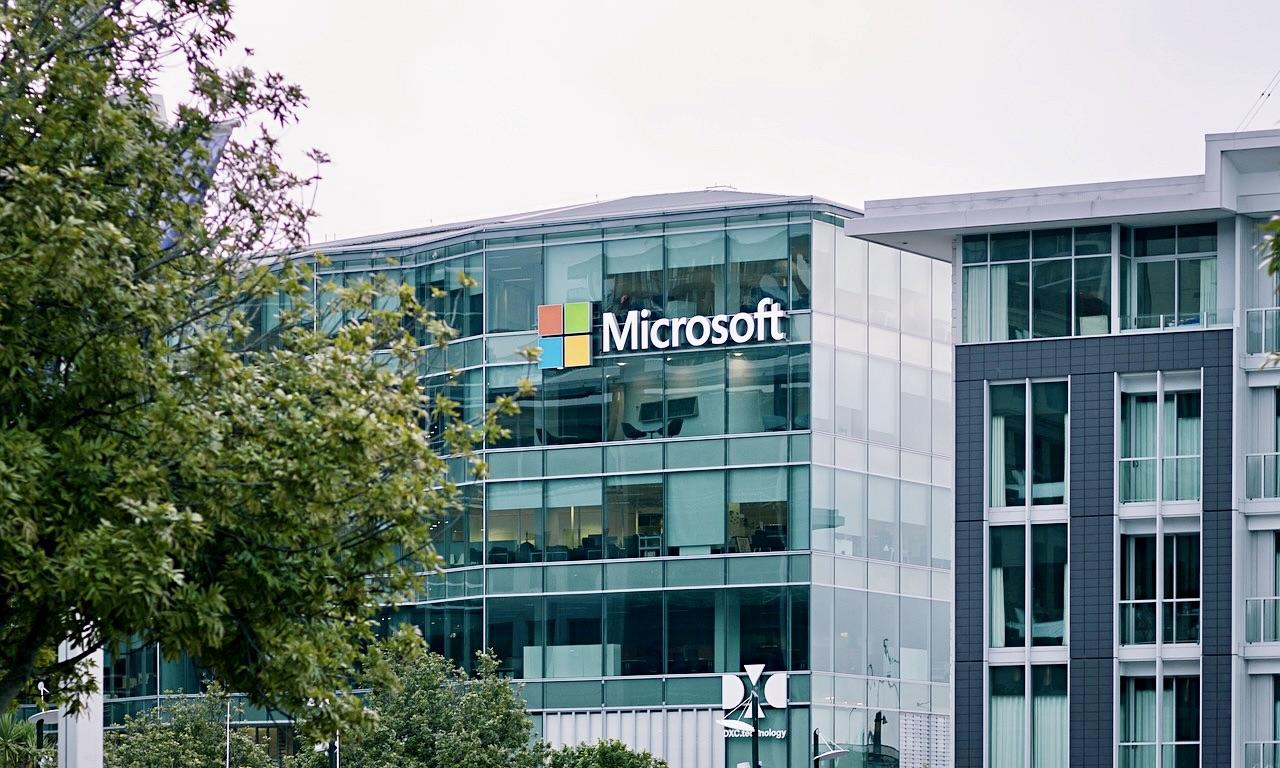Microsoft Corporation and Siemens AG have inked a deal to work on artificial intelligence (AI) projects together. The main objective of their partnership is to push AI adoption in most, if not all, business sectors.
Microsoft and Siemens unveiled a new generative AI assistant that caters to various professionals in the fields of transportation, healthcare, manufacturing, and infrastructure industries. Likewise, they hope that through their joint project, they will be able to boost the use of AI in industrial sectors.
The New AI Assistant for Productivity
The companies introduced the Siemens Industrial Copilot, which has been described as a generative AI-powered assistant that was specially made to improve productivity as well as human-machine collaboration. Microsoft and Siemens will also work on building copilots designed for specific industries.
According to Reuters, Schaeffler AG, a German automotive supplier, is one of the first few firms to have adopted the collaborative Siemens Industrial Copilot. In any case, the companies did not disclose the amount involved in their latest partnership deal.
Application of AI Tech Across Various Industries
Schaeffler AG said that using the new generative AI greatly helped the business. In particular, it boosted its engineers’ program industrial automation systems, which are now functioning like robots. Microsoft and Siemens intend to provide this same experience to as many businesses as possible to make their work faster and easier.
“With this next generation of AI, we have a unique opportunity to accelerate innovation across the entire industrial sector,” Microsoft’s chairman and chief executive officer, Satya Nadella, said in a press release. “We are building on our longstanding collaboration with Siemens and bringing together AI advances across the Microsoft Cloud with Siemens’ industrial domain expertise to empower both frontline and knowledge workers with new, AI-powered tools, starting with Siemens Industrial Copilot.”
Roland Busch, Siemens AG’s chief executive officer, further said, “Together with Microsoft, our shared vision is to empower customers with the adoption of generative AI. This has the potential to revolutionize the way companies design, develop, manufacture, and operate.”
He added that “Making human-machine collaboration more widely available allows engineers to accelerate code development, increase innovation, and tackle skilled labor shortages.”
Photo by: Tawanda Razika/Pixabay



 SoftBank Shares Slide After Arm Earnings Miss Fuels Tech Stock Sell-Off
SoftBank Shares Slide After Arm Earnings Miss Fuels Tech Stock Sell-Off  Sony Q3 Profit Jumps on Gaming and Image Sensors, Full-Year Outlook Raised
Sony Q3 Profit Jumps on Gaming and Image Sensors, Full-Year Outlook Raised  Nvidia CEO Jensen Huang Says AI Investment Boom Is Just Beginning as NVDA Shares Surge
Nvidia CEO Jensen Huang Says AI Investment Boom Is Just Beginning as NVDA Shares Surge  Alphabet’s Massive AI Spending Surge Signals Confidence in Google’s Growth Engine
Alphabet’s Massive AI Spending Surge Signals Confidence in Google’s Growth Engine  SpaceX Prioritizes Moon Mission Before Mars as Starship Development Accelerates
SpaceX Prioritizes Moon Mission Before Mars as Starship Development Accelerates  SoftBank and Intel Partner to Develop Next-Generation Memory Chips for AI Data Centers
SoftBank and Intel Partner to Develop Next-Generation Memory Chips for AI Data Centers  SpaceX Seeks FCC Approval for Massive Solar-Powered Satellite Network to Support AI Data Centers
SpaceX Seeks FCC Approval for Massive Solar-Powered Satellite Network to Support AI Data Centers  Nvidia Nears $20 Billion OpenAI Investment as AI Funding Race Intensifies
Nvidia Nears $20 Billion OpenAI Investment as AI Funding Race Intensifies  Toyota’s Surprise CEO Change Signals Strategic Shift Amid Global Auto Turmoil
Toyota’s Surprise CEO Change Signals Strategic Shift Amid Global Auto Turmoil  Jensen Huang Urges Taiwan Suppliers to Boost AI Chip Production Amid Surging Demand
Jensen Huang Urges Taiwan Suppliers to Boost AI Chip Production Amid Surging Demand  Nintendo Shares Slide After Earnings Miss Raises Switch 2 Margin Concerns
Nintendo Shares Slide After Earnings Miss Raises Switch 2 Margin Concerns  AMD Shares Slide Despite Earnings Beat as Cautious Revenue Outlook Weighs on Stock
AMD Shares Slide Despite Earnings Beat as Cautious Revenue Outlook Weighs on Stock  Instagram Outage Disrupts Thousands of U.S. Users
Instagram Outage Disrupts Thousands of U.S. Users  Nasdaq Proposes Fast-Track Rule to Accelerate Index Inclusion for Major New Listings
Nasdaq Proposes Fast-Track Rule to Accelerate Index Inclusion for Major New Listings  Baidu Approves $5 Billion Share Buyback and Plans First-Ever Dividend in 2026
Baidu Approves $5 Billion Share Buyback and Plans First-Ever Dividend in 2026  SpaceX Updates Starlink Privacy Policy to Allow AI Training as xAI Merger Talks and IPO Loom
SpaceX Updates Starlink Privacy Policy to Allow AI Training as xAI Merger Talks and IPO Loom 





























